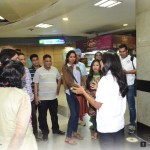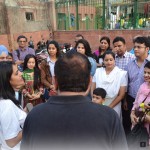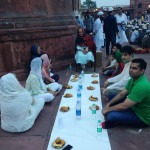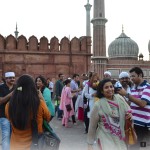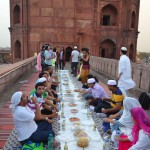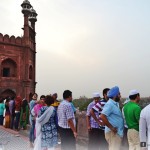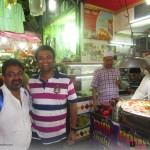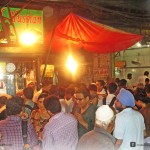Experience RAMADAN in Shahjahanabad
The world of Shahjahanabad turns upside down during the holy month of Ramadan*, when breakfast becomes dinner, night becomes day, and fasting turns to feasting. Enjoy an Iftar* evening at Old Delhi’s Jama Masjid with “India City Walks” where the lively lanes of Shahjahanabad are literally bristling with a wide range of sumptuous vegetarian and non-vegetarian cuisines and the air is infused with the delicious scent of spices and syrupy desserts.
Iftar is the meal that breaks the fast during Ramadan. At sunset, after a whole day of not eating or even taking a sip of water, the fast is broken. It is the time when the family gets together and eats a light and healthy meal. Traditionally, Muslims first break the fast with dates and either water or a yogurt drink. After Maghrib prayer, they then have a full-course meal, consisting of soup, salad, appetizers and main dishes. In some cultures, the full-course meal is delayed into later in the evening or even early morning. Traditional foods vary by country.
Begin your Iftar experience by indulging in the history of Shahjahanabad, the ‘seventh’ city of Delhi as well as the art and architecture of Jama Masjid, one of the two focal architectural landmarks of this city. Enter the sacred precincts of Jama Masjid and witness thousands of people breaking their roza* with members of their community. Watching all those people praying in unison and perfect harmony will give you a strong sense of spiritual connect with the community and make you appreciate the importance of self-reflection.
Mr. Sachin Bansal – Chief Explorer at “India City Walks” will walk you through the serene precincts of India’s largest mosque to an exclusive location where you can take in the awe-inspiring, panoramic view of Shahjahanabad’s efflorescent culture, while simultaneously feasting on a traditional Iftar meal consisting of a glass of milk coupled with dates, bananas, pakoras, apples and sheermal.
Iftar is very much a social event, involving family and community members. It is common for people to host others for dinner, or gather as a community for a potluck. It is also common for people to invite and share food with those less fortunate. The spiritual reward for charitable giving is considered to be especially significant during Ramadan.
If the imperial mosque of Jama Masjid is all about cultural interactions, then the lively neighbourhoods that encompass Jama Masjid are solely meant to satiate your culinary cravings. “India City Walks” shall take you through chock-a-block alleys like Matia Mahal and Chawri Bazaar that serve a whole platter of gob-smacking dishes like Mutton Korma, Chicken Jahangiri coupled with Sheermal, Roomali roti and the like. Walk down these alleyways and munch on a plate of spicy pakoras or experiment with traditional Indian biscuits like nankhatai and rusks made in ovens fired by charcoal. Cool your stomach with a tall glass of delicious sherbet, which will perfectly compliment the food that you shall continue to gorge on.
If you’re one of those whose meal remains incomplete without indulging in something sweet, then there’s no better place to be. “India City Walks” will ensure that you’re spoilt for choice in the lanes of Old Delhi with sumptuous desserts like shahi tukda, kulfi faluda, khajla, Ras Malai Imartee and sewaiyaan to appease your sweet tooth. “India City Walks” will also drop by the choicest bakeries to enjoy crispy snackers like matthi and namak-paare with a piping hot glass of chai or icy cold flavoured milk, depending on the kind of space that’s left in your overloaded yet satisfied tummy!
Join “India City Walks” for a memorable Iftar evening in the heritage city of Shahjahanabad and enjoy mouth-watering cuisines, intriguing storytelling sessions, vivid cultural engagement and authentic Ramadan experiences. We offer authentic culinary experiences in cities across India.
“India City Walks” offers new and delicious ways to experience a city and takes you through historic neighbourhoods for food-focused experiences that let you enjoy the regional cuisines of India.
SEHRI WALK: THE OTHER SIDE OF ROZA
Suhoor (lit. of the dawn), also called Sehri, Sahari and Sahur, is a term belonging to Islam. It refers to the meal consumed in early morning by Muslims before intending for fast, during the Islamic month of Ramadan. The meal is eaten before the fajr prayer or dawn. Sehri walks take visitors through the colors, tastes and smells of the Walled City during Ramzan. Sehri is the other side of roza, when we get to see what happens through the night during Ramzan. Shops are open and streets are packed through the night as families in the area step out after their evening meal. People stay awake through the night, including children. This is also when nihari (a stew made of meat) is cooked in huge quantities. It acts as a vital fuel for the fasting faithful who will be working without food or water throughout the day. Through Sehri Walks, you get to enjoy Shahjahanabad in a whole new way.
“India City Walks” and “Delhi Walks” curate thematic walking tours and develop unique experiential itineraries that enable travelers to explore the quirky, multicultural fabric of Delhi. We aim to make your city experience memorable and holistic.
We strive to exceed your expectations and make our walks even better every time and try our best to make your visit the most memorable one. Delhi is a pulsating modern city with 5,000 years of history that has witnessed the rise and fall of many empires.
Connect with us through email info@indiacitywalks.com or give us a call +91 989 969 2790
*Ramadan is the ninth month of the Islamic calendar and a time where Muslims all over the world abstain from eating, drinking, smoking, as well as participating in anything that is excessive; from dawn to sunset. One of the five tenets of Islam, fasting teaches people self-control and patience. These fasts are observed for about 28 to 30 days, depending on the sightings of the moon.
* Iftar is the meal that breaks the fast during the holy month of Ramadan and a time where the entire community interacts with each other.
*Roza or fast in Urdu comes from Arabic word ‘saum’ which means to abstain. During Ramadan, every day from dawn to sunset, Muslims refrain from consuming food or water.


